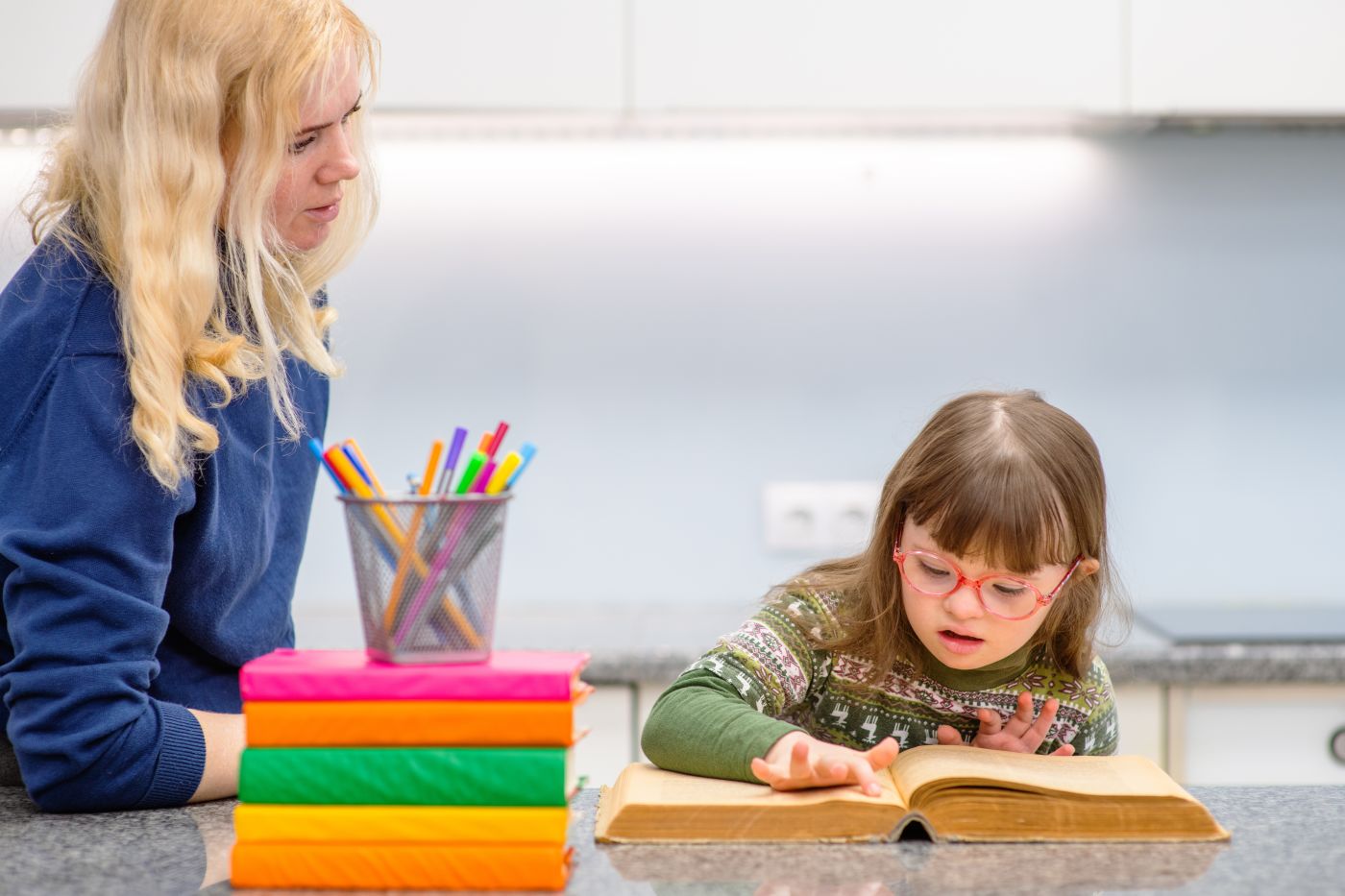When the parents of a child with special needs disagree with the services the child’s school is providing to accommodate these needs, the matter does not need to go straight to court. In New York, special education mediation may be a way to resolve these disputes.
What Is Special Education Mediation?
Special education mediation is voluntary. The child’s parents and a representative of the school district will meet with a mediator to work out their dispute in a collaborative manner. The mediator is a neutral third-party whose role is to facilitate discussions in a way that hopefully leads to an agreement. Mediation may be sought if there is a dispute regarding the identification, evaluation, placement or other provision regarding a child’s right to a free appropriate public education.
What Are Some Benefits to Mediation?
There are a number of benefits to special education mediation. Compared to due process hearings, mediation can be less costly and less time-consuming for both parties. Because it is voluntary, each party may be more satisfied with the result, as they had a say in the outcome. In addition, mediation offers the flexibility necessary to reach a satisfactory agreement. The parties may also be more committed to an agreement reached during mediation.
Is Mediation Right for Me?
Ultimately, parents have to advocate for their child’s best interests, so only they can determine if mediation is an option worth considering. Every child’s case is different, and what solutions work for one case may not work for another. Special education attorneys may be a useful resource to parents who have issues regarding their child’s education.


